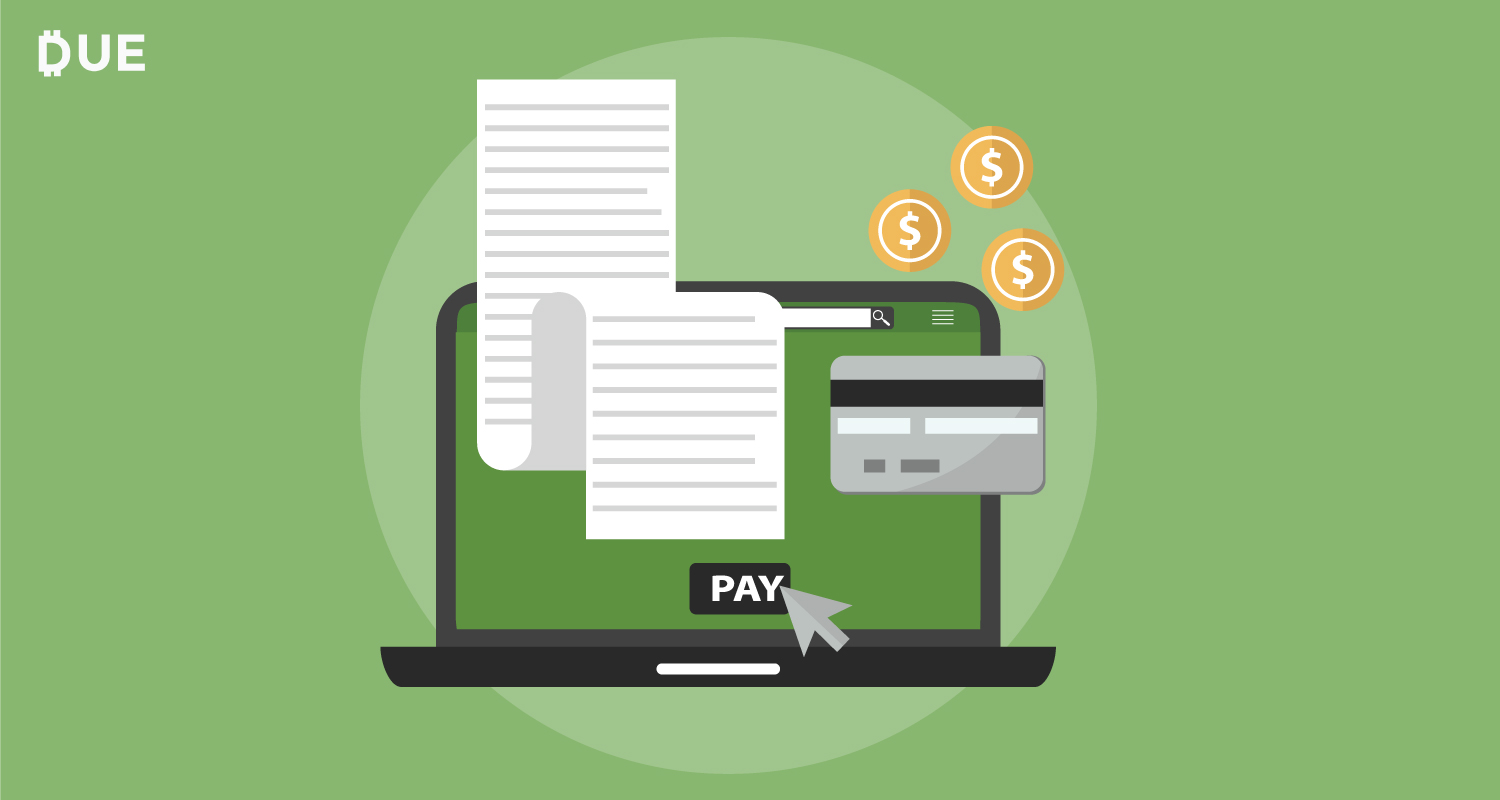When you go into business for yourself, there are so many things to consider and set up. You need to get a website, outline your services, create products, determine how you’ll deliver goods, etc.
The one obvious thing that’s easy to forget is figuring out how you’ll receive payments. You may or may not want that first check to actually be a check so it’s important to set your business up to receive payments.
Here are some key things you can do.
Table of Contents
ToggleObtain a Tax ID Number
This is one of the first steps you should take to set your business up to receive payments. You can still accept payments without a tax ID number, but it will be under your personal social security number as a sole proprietor.
However, if you want a business bank account and a merchant account, it’s best to set up your tax ID number through the IRS.
Obtaining this will also make it easier to sort through business income and expenses come tax time.
Open a Business Bank Account
When you get paid the money has to go somewhere so it’s crucial that you open a separate business bank account. Most traditional and online banks offer a business checking account option.
Read the terms in detail and be mindful of any fees that could come up as well as how you can avoid them. With a business bank account, you can also set up direct deposit with clients and allow them to deposit checks directly into your account.
Set Up a Merchant Account
A merchant account is a type of business bank account that will allow you to accept payments via debit and credit card transactions. When a customer pays for a product or service, the funds will initially be sent to your merchant account.
From there, the payment can be transferred to your business bank account. Most merchant accounts will charge you a startup fee, a fee per transaction, and quite a few other fees so keep this in mind.
Consider an Online Payment Processing System
This is an alternative to a merchant account that may actually save you money. If you want to set up your business to receive payments online, you can choose options like PayPal or Due to help you send invoices and accept payments from clients and customers.
Transaction fees for Due are low and customers also get live account monitoring, chargeback protection, fraud prevention along with reports and analytics.
Most business transactions are conducted via credit card these days anyway so being able to accept these types of payments with ease is vital.
Credit Card Reader
If you’ll be handling payments from customers in person, consider investing in a point of sale card reader. Having this will allow you to securely set a business up to receive payments if you operate a brick and mortar location.
Square and PayPal are two of the most popular options and have transaction fees ranging from 2.5% to 2.7% currently. Many companies will even allow you to obtain your initial card reader for free. For example, PayPal runs some promotions where you can get your card reader for free.
Summary
Accepting payments should be the easy part when it comes to running your business. Luckily, it’s not difficult to set your business up to receive payments. Plus, you’ll be more than motivated to take action once you start preparing products and services to sell.
Choose which option works best for you when it comes to accepting payments and don’t be afraid to have multiple options ready to go.














